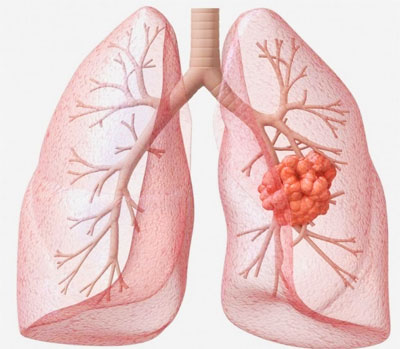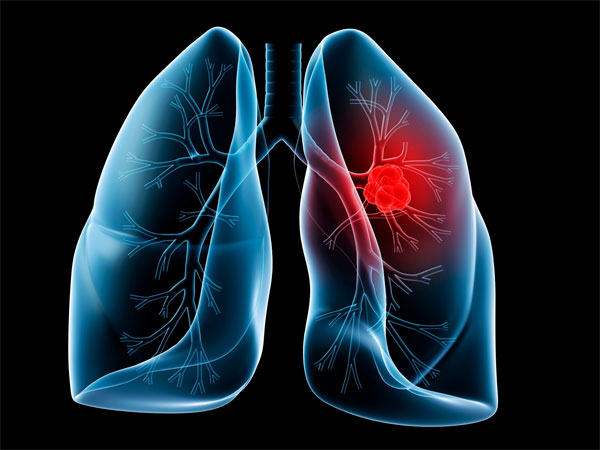New Light on the Immune System in Lung Cancer
We know from both human and animal studies that photodynamic therapy (PDT) bolsters the body’s anti-cancer immune response by changing the surface composition of the tumor and releasing certain molecules that alert the immune system to the presence of cancer. Thus, PDT is not just a localized treatment but has systemic effects that can help overcome metastatic cancers—those malignancies that have spread to various parts of the body.
In an ongoing study at Weill Cornell Medical College in New York City, researchers are studying the immune response in PDT-treated lung cancer patients. Their goals are to delineate the changes in immune function and determine whether this immune response shrinks the tumor and improves survival.
So far, they’ve identified a number of natural inflammatory chemicals (interleukins) that seem to predict the most effective T-cell response. Their hope is that these findings may allow physicians to predict improvement in lung cancer patients treated with PDT and improve their ability to counsel and guide these patients, as reported in the 1 October 2012 Journal of the National Comprehensive Cancer Network.
For more information, please see our book, The Medicine of Light.
© 2012, Photoimmune Discoveries, BV
Related Posts
-
 PDT Beats Mainstream Treatments for Advanced Lung Cancer, Part 2
No Comments | Nov 20, 2015
PDT Beats Mainstream Treatments for Advanced Lung Cancer, Part 2
No Comments | Nov 20, 2015 -
 Lung Cancer: Can Photodynamic Therapy Bolster Survival?
No Comments | Mar 4, 2015
Lung Cancer: Can Photodynamic Therapy Bolster Survival?
No Comments | Mar 4, 2015 -
 Lung Cancer Survival Enhanced by Bremachlorin-PDT
No Comments | Jul 26, 2013
Lung Cancer Survival Enhanced by Bremachlorin-PDT
No Comments | Jul 26, 2013 -
 PDT Beats Mainstream Treatments for Lung Cancer, Part 1
No Comments | Nov 17, 2015
PDT Beats Mainstream Treatments for Lung Cancer, Part 1
No Comments | Nov 17, 2015

 English
English Français
Français Deutsch
Deutsch Nederlands
Nederlands